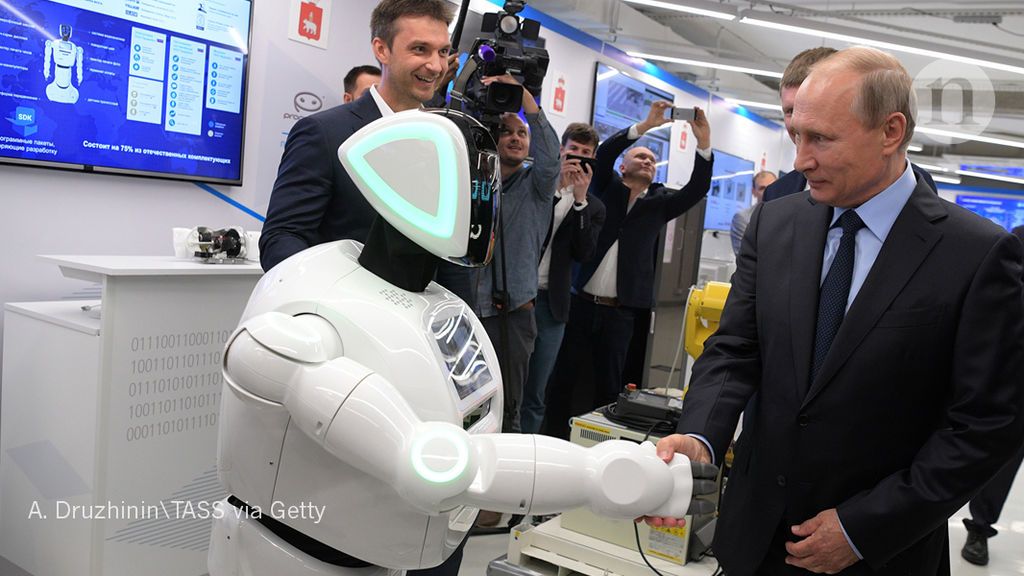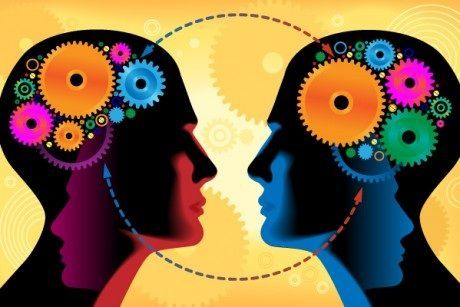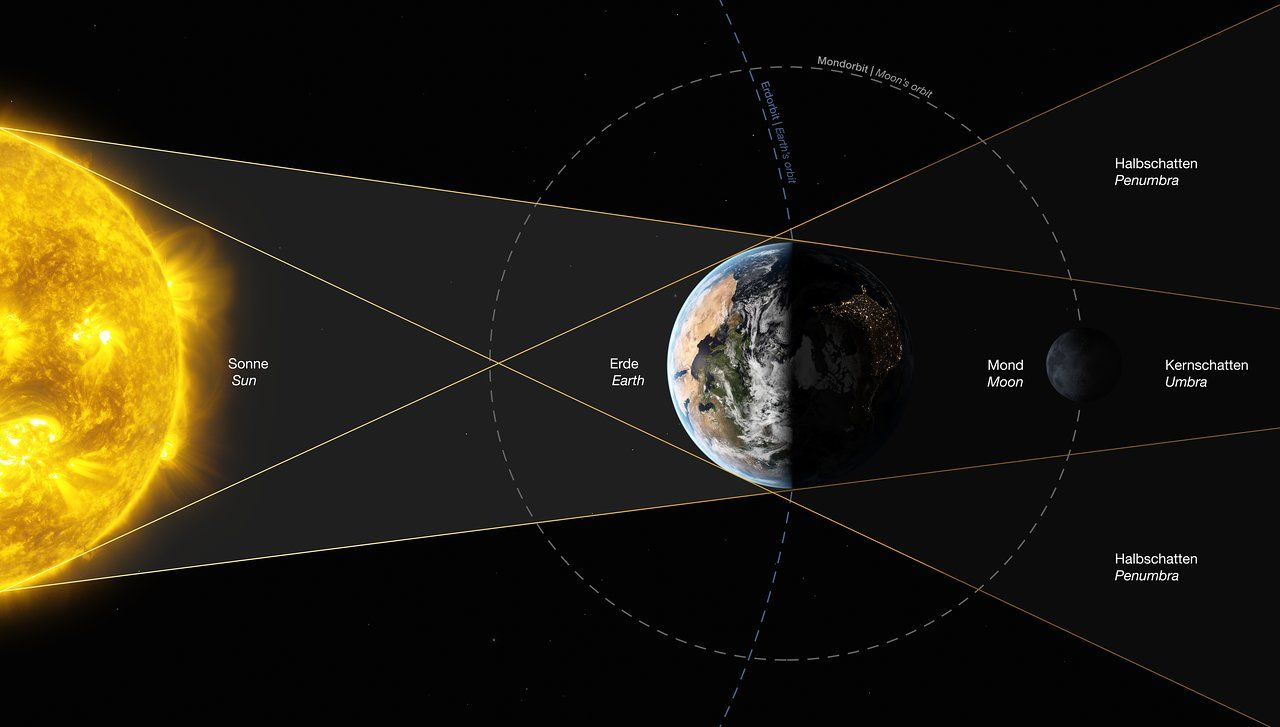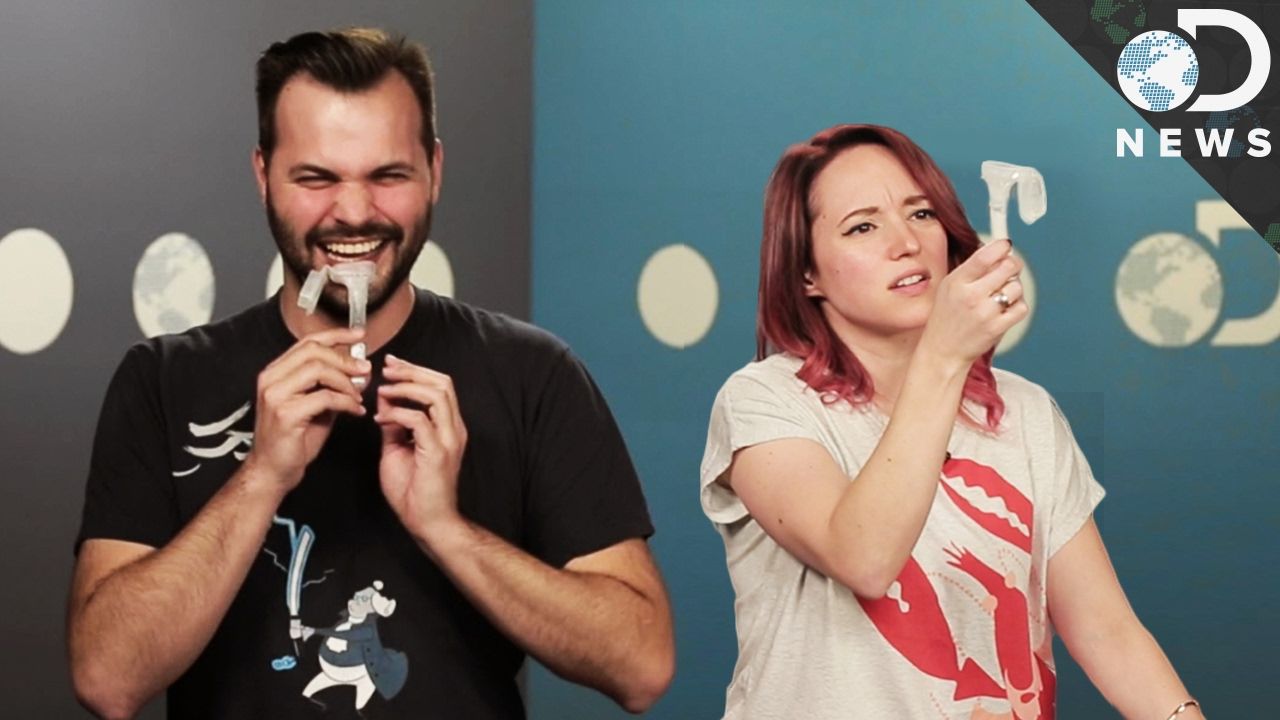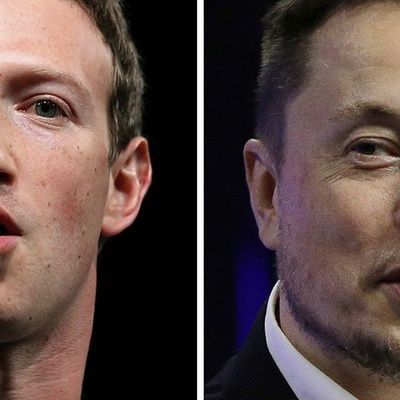Apr 4, 2018
Rocket Lab sets date for first commercial launch of its Electron rocket
Posted by Genevieve Klien in category: satellites
US spaceflight startup Rocket Lab is officially open for business and has scheduled its very first commercial launch for later this month. The company will launch its small Electron rocket with payloads from two paying satellite operators on board — just three months after completing a second test flight of the vehicle. The upcoming mission will initiate the beginning of customer operations for Rocket Lab, which claims to have a busy manifest for this year and next.
After four years of developing the Electron, Rocket Lab flew the vehicle for the first time in May 2017 out of the company’s own private launch site in New Zealand. That test flight — appropriately dubbed “It’s a Test” — made it to space, though the rocket didn’t achieve orbit, due to a glitch in communication equipment on the ground. Rocket Lab was able to fix the problem, though, and performed a second test flight of the Electron in January in a mission called “Still Testing.” That time, the vehicle did make it to orbit and even deployed four satellites, including a secret disco ball probe made by Rocket Lab’s CEO Peter Beck.


